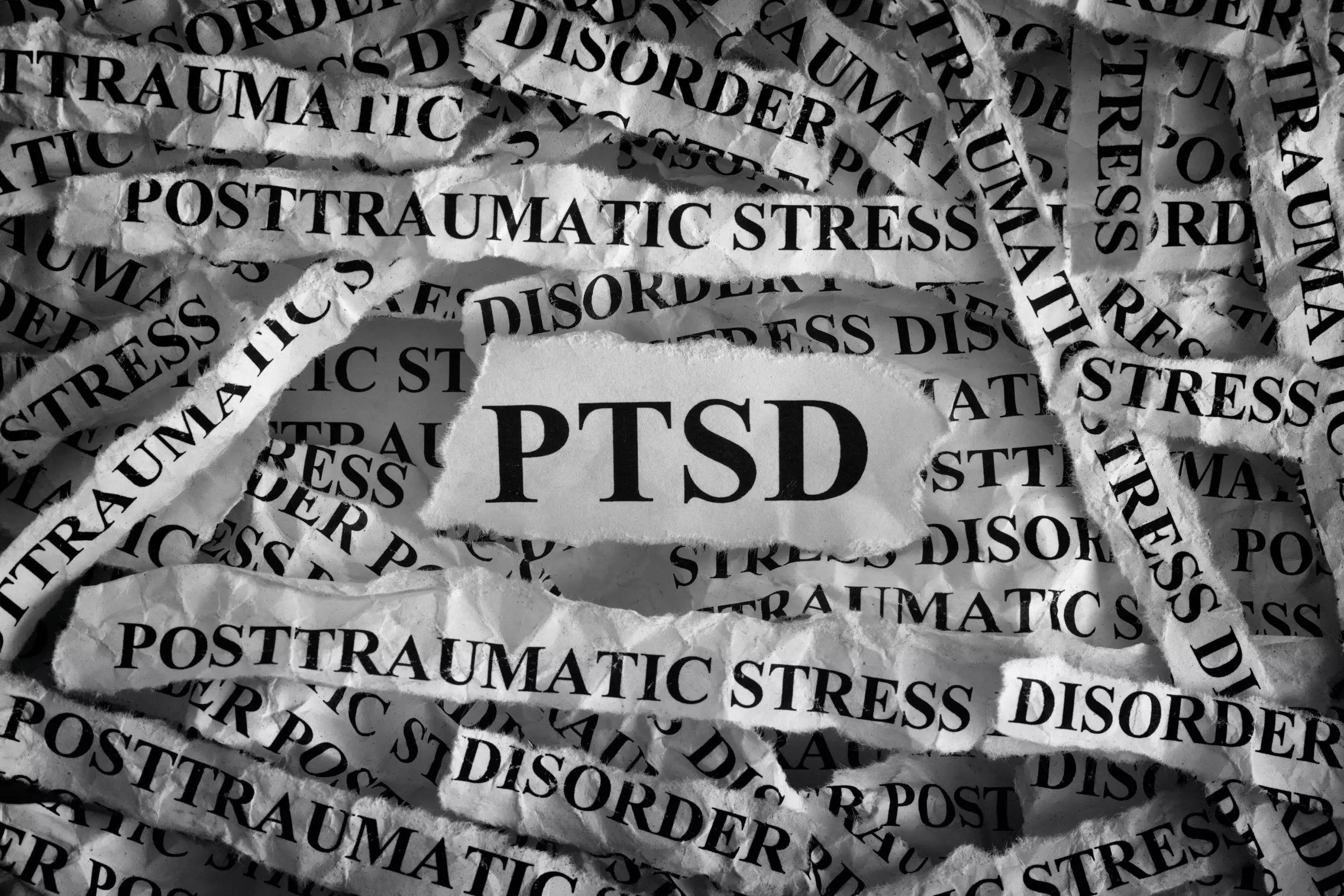Approximately half of the people who suffer from a substance use disorder also have one or more mental health issues. This means that many people find themselves dealing with PTSD and alcohol addiction and need treatment for both conditions. Many treatment plans help a person address both situations and learn to not only recover but thrive.
What Causes PTSD?
Post-traumatic stress disorder, commonly referred to as PTSD, can develop for many reasons. Some of the causes can include:
- Childhood neglect and abuse
- Sexual assault and rape
- Physical assault
- Natural disasters, such as floods, hurricanes, and earthquakes
- Distressing or violent military events
- Having an accident
- Experiencing a long-term illness
- The death of a loved one
PTSD can occur to someone who directly experienced a traumatic event or witnessed one. For example, many members of the military return home having seen traumatic events take place, which caused them to develop PTSD. Several different symptoms can arise when a person has PTSD. Some of them may include:
- Anxiety
- Feeling panicky
- Feeling depressed
- Easily startled
- Having flashbacks
- Disruption in normal sleep patterns
- Having nightmares
- Difficulty with memory
- Avoidance of other people
- Feelings or acts of aggressiveness or violence
- Being triggered by certain events or anniversary dates
PTSD Can Come From a Person’s Career
Military veterans develop PTSD at higher rates than the general population. Studies done that included Operation Enduring Freedom/Operation Iraqi Freedom and going back to the Vietnam era showed that at least 15% of returning military members developed PTSD. Those who developed both PTSD and addiction numbered as high as 41%.
First responders are another career population at an increased risk for developing PTSD along with an addiction to drugs or alcohol. First responders include firefighters, police, paramedics, and others whose job is to respond and offer assistance during emergency situations. Despite training to deal with how to perform their jobs, many first responders bring home the difficult and often violent or deadly situations they witness in their communities. These overwhelming pressures can result in compromised mental health and addiction.
Why Getting Help for PTSD and Alcohol Addiction Is Important
Many people who experience PTSD and alcohol abuse blame themselves for not being able to heal on their own or just snap out of it. In reality, both illnesses are difficult enough on their own; together they can have a devastating effect on a person’s life. When addiction has grown out of control, the individual will need to seek formal treatment to address it.
Similarly, PTSD causes such emotional devastation in a person’s life, and often in the lives of their loved ones, that they need professional help to learn to manage it. Treatment for PTSD by a trained clinician allows the person to reduce the amount and severity of their symptoms.
Treating just one diagnosis and not the other keeps a person from healing fully. A cycle of PTSD symptoms will drive a person suffering with alcohol abuse to keep drinking in order to try to soothe themselves. The addiction itself can contribute to the amount and severity of symptoms, creating a cycle that never seems to end. A combination of treating both diagnoses helps the individual make progress and break the cycle.
Treatments That Address Both Diagnoses
Treatment for a combination of PTSD and alcohol abuse can come from several sources, including inpatient or residential programs, outpatient programs, and individual therapy and support groups after more formal treatment has ended. Due to how common it is for clients to need help with both of these diagnoses, many treatment programs are equipped to treat them both.
Cognitive-behavioral therapy (CBT) and Dialectical behavior therapy (DBT) are forms of talk therapy that show great success in treating many mood disorders. These types of therapy can help a person with PTSD and addiction to drugs or alcohol. Learning to practice mindfulness can often produce positive results, allowing a person to learn to stay in the moment of what’s happening now, instead of reverting to the triggering traumatic event.
Prescription medications can also have a tremendous impact on managing PTSD, as well as provide medication-assisted treatment for someone going through detox and starting recovery from addiction. Some people only need prescription meds on a short-term basis, while others need long-term usage to sustain consistent results. Medical professionals who prescribe these types of medication can help a person find the right fit for them and their needs.
Holistic treatment can also aid in both recovery from addiction to drugs and alcohol, as well as PTSD and other mood-related disorders. Holistic approaches include yoga, meditation, equine therapy (working with horses), breathwork, acupuncture, experiential therapy, and addressing nutritional and exercise needs.
PTSD and Alcohol Addiction Treatment in California
Do you struggle with alcohol abuse while also battling PTSD? The combination can be overwhelming but there is help available. Clear Behavioral Health offers drug detox, alcohol detox, and addiction treatment rehab that help you put your addiction behind you while you learn to manage your mental health. Our dedicated team members can guide you towards the healthy, happy life you deserve.
If you need help facing alcohol abuse and PTSD, please contact Clear Behavioral Health now. We know how to help.
